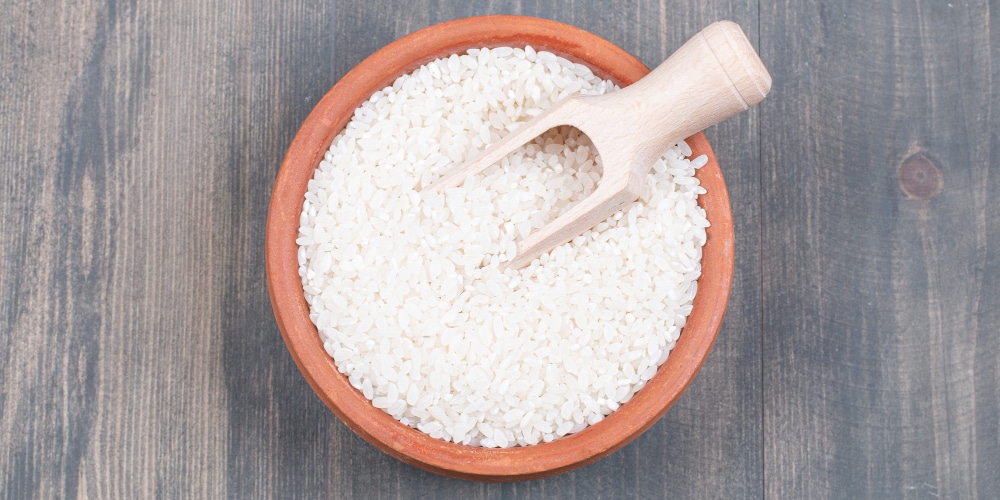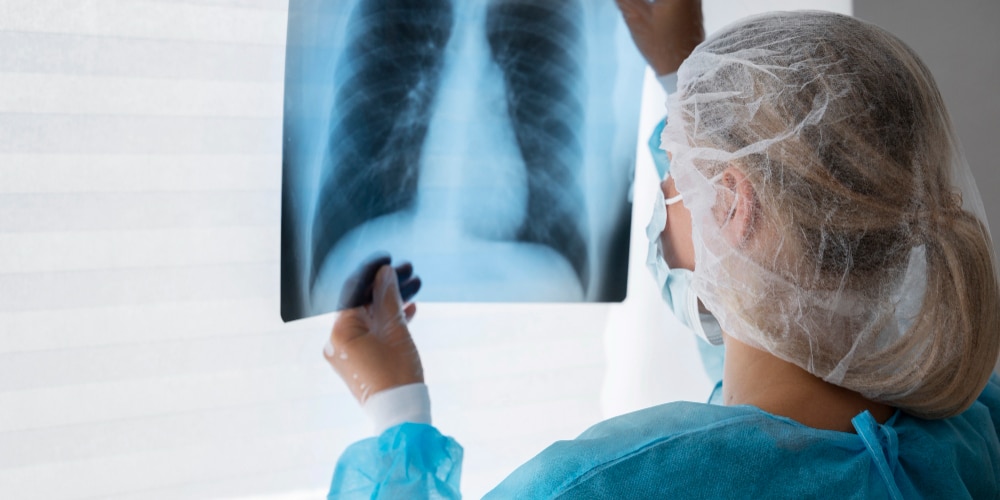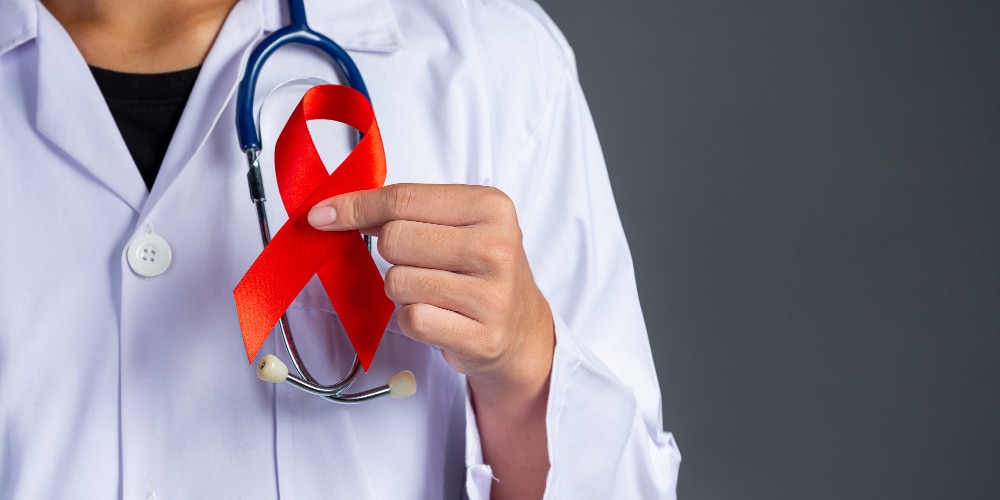Latest
Three-parent IVF brings hope for inherited disorders
Eight babies have been born in the UK using a pioneering IVF technique to prevent inherited mitochondrial conditions
Author
Author
- admin / 5 months

- 0
- 4 min read

Author
In a major scientific breakthrough, eight babies have been born in the UK using a pioneering IVF technique designed to prevent life-threatening mitochondrial diseases. The treatment, known as pronuclear transfer, combines DNA from three people – two parents and a female donor – to reduce the risk of passing on harmful mutations carried in mitochondrial DNA.
Mitochondrial diseases are rare, inherited conditions caused by faulty mitochondria, the parts of cells that convert the food we eat into energy that our body parts, such as the brain, heart, muscles, and liver, need to function. Lack of this energy leads to fatigue, seizures, developmental delays, or organ failure.
Mitochondrial DNA is passed down only from the mother, so the women who carry these mutations risk transmitting the disease to their children. This is why treatments like mitochondrial donation IVF is a vital breakthrough for affected families.
The findings, published in The New England Journal of Medicine, offer fresh hope to families who previously lived under the shadow of an incurable genetic fate.
“All eight babies show no signs of having mitochondrial DNA disease,” reported the research team from Newcastle University and Newcastle upon Tyne Hospitals NHS Foundation Trust, which led the project.
The children – four girls and four boys, including one set of identical twins – were born to seven women at high risk of transmitting mitochondrial diseases, which affect one in every 5,000 children globally.
Mitochondria are the energy factories of our cells. But when their DNA mutates, the result can be devastating, leading to muscular weakness, heart failure, blindness, and brain disorders. Because mitochondrial DNA is inherited only from the mother, women carrying these mutations face a painful dilemma: whether to risk passing on a crippling illness or forgo having biological children.
Now, thanks to pronuclear transfer, these families have another option.
“Mitochondrial disease can have a devastating impact on families,” said Professor Sir Doug Turnbull of Newcastle University. “Today’s news offers fresh hope to many more women at risk of passing on this condition who now have the chance to have children growing up without this terrible disease.”
A ‘True Mitochondrial Replacement Success’
The process of pronuclear transfer involves fertilising two eggs – one from the mother (carrying the harmful mitochondria) and one from a healthy donor (with normal mitochondria). The nuclear DNA from the mother’s fertilised egg is then transferred into the donor’s fertilised egg, which has had its own nuclear DNA removed. This means the resulting embryo contains the parents’ DNA that determines traits like eye colour and height, but the healthy mitochondrial DNA comes from the donor.
“We are now proud parents to a healthy baby—a true mitochondrial replacement success,” said the mother of one of the babies in a press statement released by New Castle University. “This breakthrough has lifted the heavy cloud of fear that once loomed over us.”
Another parent echoed the sentiment: “As parents, all we ever wanted was to give our child a healthy start in life. Mitochondrial donation IVF made that possible. After years of uncertainty this treatment gave us hope—and then it gave us our baby.”
All eight babies were healthy at birth and are now meeting their developmental milestones. Most were born through normal vaginal delivery or planned caesarean section. The study notes that the disease-causing mitochondrial DNA was either undetectable or present at levels far too low to cause illness. For instance, in one child with an initial mutation level of 5-9%, follow-up tests at 18 months found no detectable mutations in blood or urine.
“The findings give grounds for optimism,” said Professor Mary Herbert, who led the reproductive outcomes study. “However, research to better understand the limitations of mitochondrial donation technologies will be essential to further improve treatment outcomes.”
Also read: World’s first baby born through fully automated IVF system
Do you have a health-related claim that you would like us to fact-check? Send it to us, and we will fact-check it for you!. You can send it on WhatsApp at +91-9311223141, mail us at hello@firstcheck.in, or click here to submit it online.









